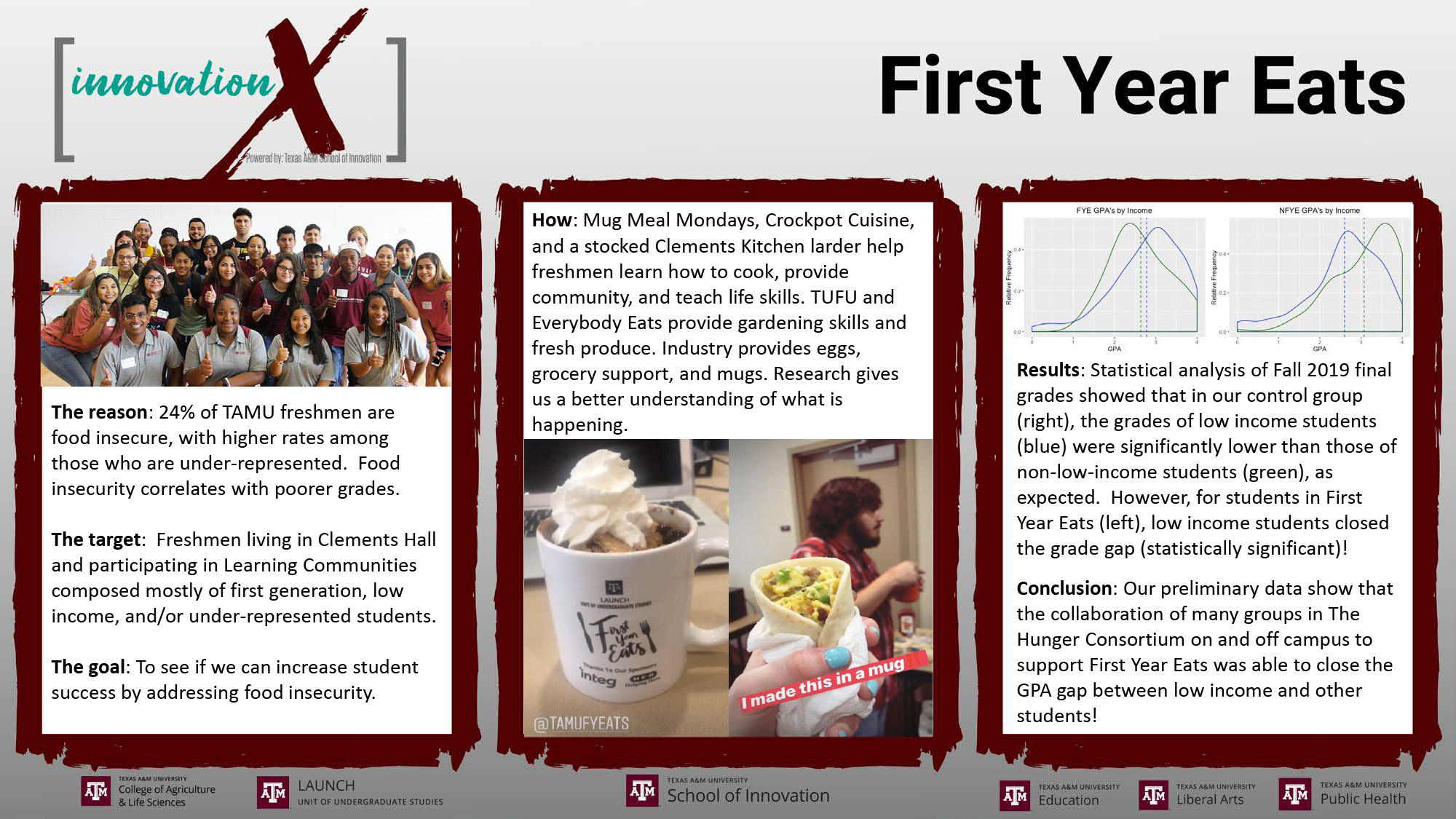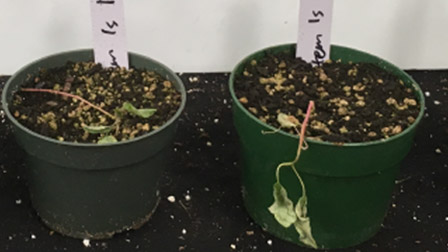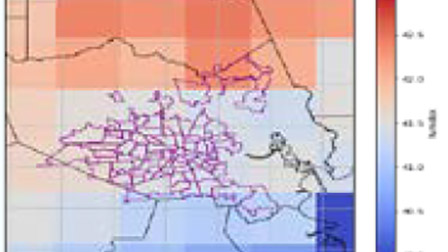Project Overview
Full Project Title
First Year Eats
Background
36% of students are food insecure—they worry about having enough food, skip meals or cut down on meal quality and size due to lack of funds. Food-insecurity correlates with higher stress, worse sleep, and poorer grades and is most common among underrepresented (UR), low income (LI), or first generation (FG) students, categories that encompass 25% of TAMU students, especially those that lag in retention and graduation rates. Texas Census data predict this group will only increase. Food insecurity is real on our campus, and resonates as an important issue with our students, staff, and faculty.
LAUNCH is organizing “The Hunger Consortium” as a highly visible way for organizations, faculty, students, and staff with an interest in food insecurity to find collaborators and opportunities. Our goal is to provide a place for students, staff, and faculty to find resources to address the problem through research, teaching, and service.
Part of the Hunger Consortium is LAUNCH’s First Year Eats pilot which started in Fall 18 for UR, LI, FG freshmen with “Eating on a Budget”, online bilingual resources for cooking cheap, nutritious meals, and “Mug Meal” cooking workshops.
Projected Goals
The primary goal of this proposal is to increase student success through increased education and skill building about food and use of food provided through the LAUNCH program First Year Eats (FYE), thereby helping to close the achievement gap between FG, LI, or UR freshmen and others. We will increase success through a “proof of principle” FYE pilot to address food insecurity in Constellation, a freshman living learning community for FG, LI, UR students. We will use a multi-pronged attack on food insecurity: Everybody Eats (vegetable/herb grow bags for student rooms), Vertical Tower Gardens (education and access to vertical tower gardens), and Cooking with Constellation (cooking lessons/events, collaborations to generate sustainable sources of ingredients and “grab-and-go” food items, and shopping/budgeting/nutrition workshops). The fourth team, Freshman Food Insecurity, will assess food insecurity among Constellation freshmen. For each of the first three approaches in FYE we will evaluate activities through process and outcome assessments of 1) overall student engagement, 2) approach-specific student preferences, 3) timeline of student engagement, and 4) sustainability of student interest. To determine if our overall FYE plan works, we will assess levels of food insecurity, retention and GPR for students in Constellation compared to control groups.
Our FYE programming for decreasing food insecurity will be available to all students living in Clements Hall, rather than focusing only those in Constellation or self-identifying as food-insecure, a principle known in sociological terms as “targeting within universalism”. Engaging all students in Clements will help prevent students in need from avoiding FYE resources due to the stigma of being identified as food-insecure, a stigma so strong that 50% of students nationwide who identify as food-insecure will not use a food bank when available.
Our secondary goal is the creation and documentation of sustainable structure, programming, collaborations, and resources for FYE with an eye towards continuing and improving FYE in coming years and expanding it to other living learning communities. FYE began as a series of “one-off” events in response to student disclosures that they had used up their meal plans (sometimes as early as October) and were going hungry, even as the popular press began publicizing hunger on college campuses. A survey of freshmen in Clements hall, which houses Constellation, showed that as early as September our Regents Scholars were already identifying as food-insecure. The data we collect over the course of the year will show us which FYE approaches are successful in drawing student interest, are used throughout the year, and for individual approaches what specific ingredients, recipes, events, and educational workshops students are drawn to.
Projected Outcomes
We anticipate four major outcomes based on documentation of FYE structure, programming, and results: 1) professional publications/presentations, 2) development of a compelling story that provides a basis for soliciting additional collaborations and donations, 3) evidence that encourages wider adoption of FYE at TAMU and other institutions, and 4) preliminary results to support grant proposals to foundations and relevant government entities.
Given the enthusiasm with that FYE and our “one-off” events produced around campus, we expect that data which link addressing food-insecurity to greater academic success of FG, LI, or UR freshmen at TAMU will create more opportunities for research, service, and teaching by faculty, staff, and students.
We hope that teaching freshmen to cook Mug Meals and Crockpot Cuisine will have impact far beyond their freshman year, especially as they move off campus and become more responsible for their diet and nutrition within a limited budget.
Meet The Team
Team Leaders
- Mr. Dustin Kemp, Capstone Program Assistant for LAUNCH; dkemp@tamu.edu; (979) 845-1031(979) 845-1031
- Dr. Sarah Gatson, Associate Professor, Sociology
- Dr. Suma Datta, Professor, Biochemistry & Biophysics, Assistant Provost for Undergraduate Studies, Executive Director for LAUNCH
- Ms. Kelsey Hirsch, Constellation Learning Community Program Coordinator, LAUNCH
Team Contributors
- Dr. Joe Sharkey, Professor, Health Promotion and Community Health Sciences, School of Public Health
- Ms. Lisette Templin, Instructional Assistant Professor, Health and Kinesiology
- Dr. Craig Coufal, Associate Professor and Extension Specialist, Associate Department Head for Extension, Poultry Science
- Dr. Lei Zou, Visiting Assistant Professor (appointed Assistant Professor, effective Aug. 2019), Department of Geography, College of Geosciences
- Dr. Dongying Li, Assistant Professor, Department of Landscape Architecture and Urban Planning, College of Architecture
Graduate Student Team Members
- Marissa Cisneros, Sociology, College of Liberal Arts
- Sylvia Emmanuel, Sociology, College of Liberal Arts
- Shelby Hearn, Educational Administration (Student Affairs Administration), College of Education and Human Development (Mentor)
- David Hendrix, Biochemistry, College of Agriculture and Life Sciences
- Andrew McNeely, Sociology, College of Liberal Arts
- Alexandra Perez, Health Promotion and Community Health Sciences, School of Public Health
- Reggie Rodriguez, Finance, Mays Business School (Mentor)
- Mandy Spadine, Public Health Education and Promotion, School of Public Health
Undergraduate Student Team Members
- Ashley Amaro, Biomedical Sciences, College of Veterinary Medicine & Biomedical Sciences (Mentor)
- Sergio Belmontes, Geophysics, College of Geosciences
- Demetrio Garcia, Supply Chain Management, Mays Business School
- Joseph Jackson, Aerospace Engineering, College of Engineering
- Christian LaMothe, Chemical Engineering, College of Engineering
- Michael Lee, Statistics, College of Science
- Grace Lu, International Studies, College of Liberal Arts
- Julie Mathew, Public Health, School of Public Health
- Madison Mau, Biomedical Sciences, College of Veterinary Medicine & Biomedical Sciences
- Holly Meier, Bioenvironmental Sciences, College of Agriculture & Life Sciences
- Sophia Nguyen, Public Health, School of Public Health
- Lexie Parrish, Kinesiology, College of Education and Human Development
- Alex Peters, Statistics, College of Science
- Kenesha Williams, Biomedical Sciences, College of Veterinary Medicine & Biomedical Sciences
Units Represented
- LAUNCH
- Department of Sociology
- Department of Biochemistry & Biophysics
- Constellation Learning Community
- School of Public Health
- Department of Health and Kinesiology
- Department of Poultry Science





